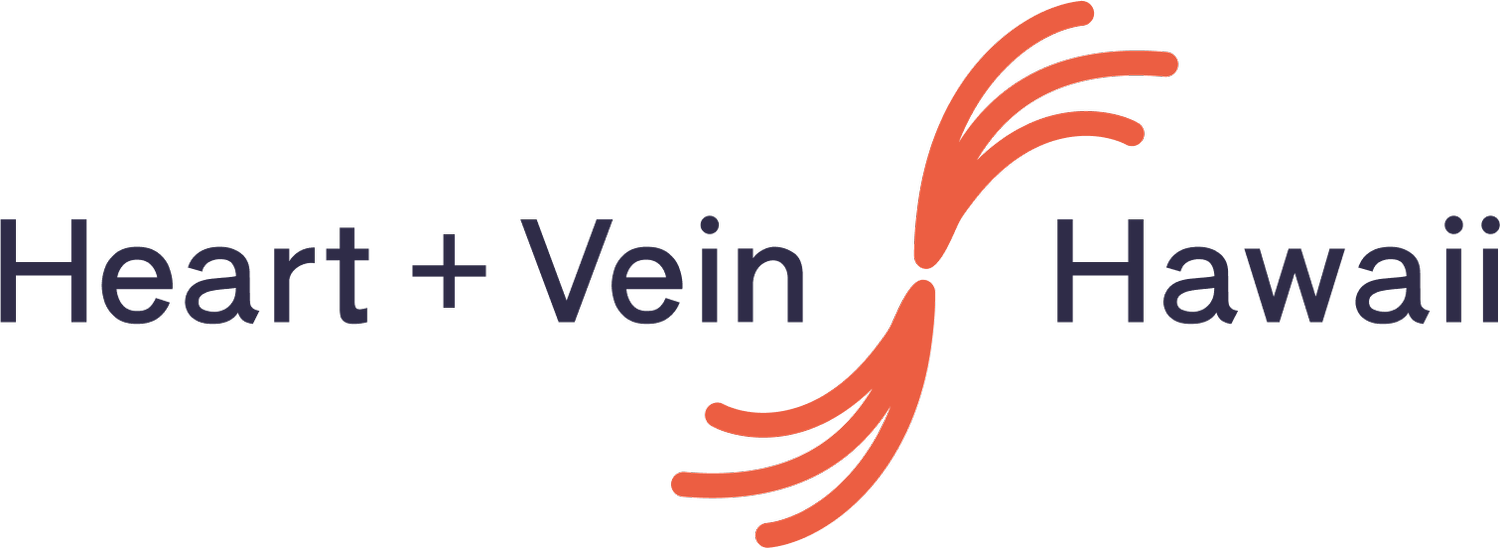
Heart Services
The team at Heart and Vein Hawaii, under the expert leadership of renowned cardiologists Dr. Sonny Wong, is committed to delivering exceptional, personalized cardiac care with a focus on safety, compassion, and attention to each patient's unique needs.
Our Cardiac Services
-
A risk assessment quickly determines your likelihood of heart disease. This consists of a questionnaire, blood pressure check, and testing of your triglycerides & cholesterol. The results are reviewed by our medical staff, who determine next steps.
-
Anticoagulation management refers to different therapies used to treat, prevent, and manage blood clotting disorders. When a person gets injured, it is normal for the skin to break or for an organ to bleed. However, the body has the ability to control the bleeding through coagulation or clotting.
-
An electrocardiogram records the electrical signals in the heart. It's a common and painless test used to quickly detect heart problems and monitor the heart's health. During an EKG, up to 12 sensors connected to a monitor are attached to the chest and limbs. Sensors record the electrical signals that make the heart beat. A computer records the information and displays it as waves on a monitor.
-
Commonly referred to as an echo, an echocardiogram is an ultrasound test for the heart. It uses sound waves to show the shape, texture, and movement of the heart valves as well as the size of the heart chambers and how well they work. This test allows the doctor to analyze the direction and speed of blood flow through the heart. An echo is painless and takes approximately half an hour.
-
An EKG monitors the electrical activity of your heartbeat. An EKG stress test, often referred to as a treadmill or exercise stress test, allows the doctor to determine how well your heart works. The stress test lasts anywhere from thirty minutes to three hours and can determine if there is a lack of blood supply. Results indicate what types of exercise and activity levels are right for you and whether or not further testing is needed.
-
Holter and Event Monitors are devices that record a person’s heartbeat while they carry out normal daily activities. They detect abnormal heart rhythms and evaluate abnormal symptoms such as chest pain, dizziness, or fainting. The devices also monitor how well current treatments are working and how they may be affecting the patient’s heart.
-
A pacemaker is a small, lightweight battery-powered device that helps the heart beat at a regular rhythm. It can replace a defective natural pacemaker or a blocked conduction path that prevents the electrical signal from reaching the heart muscle normally. It does this with a tiny, imperceptible electric impulse that helps control the beat.
“Dr. Wong and his entire staff are professional, friendly, and courteous. I highly recommend Dr. Wong and Heart and Vein Hawaii.
”
— Lynn F.



